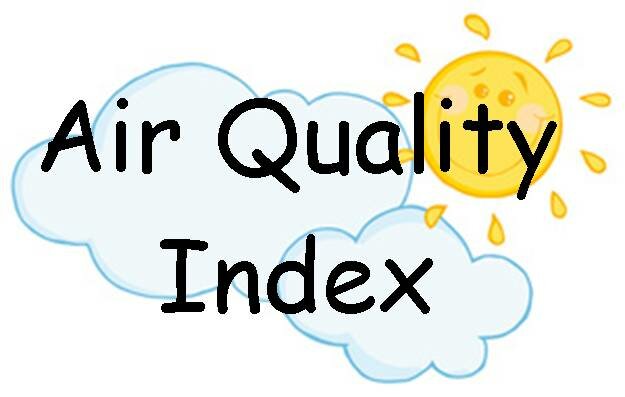- Home
-
Allergy & Asthma Information
- Asthma: The Basics
- Living With Asthma
- Asthma Tools
- Asthma Triggers
- Asthma & Eczema
- Asthma & Allergy
- Hay Fever
- How to use a:
- About Us
- Order Info
Asthma and Pollen
What Is Pollen?
- Plants make tiny grains called pollen in order to reproduce.
- Pollen comes from trees, grasses and weeds.
- These pollens are light and easily carried by the wind.
- Pollen from flowers do not usually cause allergy problems. These pollen grains are too large to be wind blown.
Pollens are released at different times of the year:
| Trees | Spring |
| Grasses | Summer |
| Weeds | Fall |
- Pollen counts tend to be higher in the morning and on warm, dry, windy days.
- Pollen counts tend to be lower during cold, wet periods.
- Pollen counts in your area are posted at the Weather Network or online (www.theweathernetwork.com).
Pollen Allergy
- Pollen is an outdoor allergen.
- An allergen is something you are allergic to.
- Pollen can trigger sneezing, runny nose, coughing, itchy eyes, nose or throat, and watery eyes.
- Ragweed pollen is a common asthma trigger.
- People with a pollen allergy may think that they have a spring or summer cold, but the symptoms last longer than 2 weeks.
- Symptoms that seem to occur at the same time each year may be caused by a pollen allergy. Talk to your doctor.
Avoidance Measures
- The more you avoid what you are allergic to, the fewer symptoms you will have.
- Keep the windows of your home and car closed when pollen counts are high.
- Air conditioning may be helpful to keep pollen from coming indoors.
- Stay indoors in the morning when pollen levels are higher.
- If working outdoors, wearing a face mask to filter out pollen may be helpful.
- Avoid cutting the grass or doing yard work if it causes symptoms.
- Do not dry clothes outdoors.
- Pollen can stick to clothes, shoes and to your pet's fur.
Treating a Pollen Allergy
- During the pollen season, nasal symptoms can often be controlled with antihistamines and nasal steroid spray.
- If you have asthma, more Controller medicine may be needed when the pollen count is high.
- Sometimes allergy shots are used for people with seasonal allergies to grass, tree or weed pollen.
- Speak to your doctor to learn more about a pollen allergy.
The Children's Asthma Education Centre ©2011, 2014
![]()

The Children's Allergy & Asthma Education Centre
Phone: (204) 787-2551
Toll Free: 1-888-554-1141
Fax (204) 787-5040

